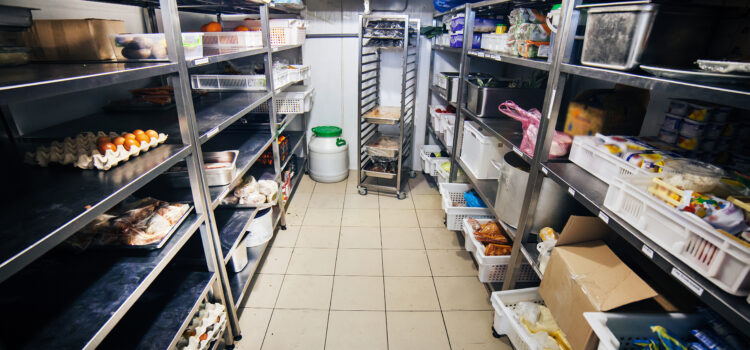
A University of California, Los Angeles study covering poverty found that childhood poverty is a key pathway into adult poverty among LGBTQ people.
The 2020 Report, Pathways Into Poverty: Lived Experiences Among LGBTQ People also found that race and ethnicity are key factors in distinguishing who experienced childhood poverty, and anti-LGBTQ family rejection, mental health issues, and substance use issues were common pathways for those not experiencing childhood poverty.
The UCLA study, in partnership with Pathways to Justice Project, produced a report that explores common pathways into adult poverty among a diverse population of low-income LGBTQ people in Los Angeles and Kern counties in California.
According to the U.S Census Bureau, 19 percent of Kern County residents lived in poverty in 2019.
Poverty is linked to a variety of harmful conditions, such as substandard housing, homelessness, inadequate nutrition, food insecurity, inadequate child care, lack of access to health care, unsafe neighborhoods, and under-resourced schools.
Another UCLA School of Law William Institute study found LGBT people of color disproportionately reported being laid off or furloughed and were struggling to pay for basic needs.
“LGBT respondents were more likely than non-LGBT respondents to be laid off (12.4 percent vs. 7.8 percent) or furloughed from their jobs (14.1 percent vs. 9.7 percent), report problems affording basic household goods (23.5 percent vs. 16.8 percent), and report having problems paying their rent or mortgage (19.9 percent vs. 11.7 percent),” the report stated.
LGBTQ people are disproportionately food insecure. Multiple studies have shown a correlation between sexual orientation and food insecurity. This becomes a greater issue during the COVID-19 pandemic.
Another reality revealed in the study was that LGBT people of color are also more likely to experience the health and economic impacts of COVID-19 than non-LGBT White people.
These marginalized groups are experiencing more challenges as they try to navigate through the pandemic. This makes it all the more important to share helpful resources that can be utilized.
There is a new app called FoodFinder, which provides users a map of food pantries nationwide. Once downloaded, the user simply has to enter their location or enter their zip code to learn about and locate free food assistance programs nearby. It can be downloaded on any device from the app store.
The majority of pantries in Kern County are church-based. In a June Williams Institute report, 14 percent of LGBTQ said they avoided going to a faith-based food pantry because of the stigma raised by their gender identity. For this exact reason, WhyHunger, a nonprofit dedicated to ending poverty and hunger, is adding information to its database of more than 32,000 food providers to indicate pantries that are welcoming to LGBTQ clients.
They understand both the need and concerns of this important group and offering additional information and aid that is needed especially during these difficult times.
Their website: https://whyhunger.org/find-food/